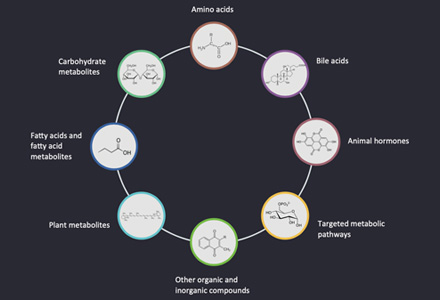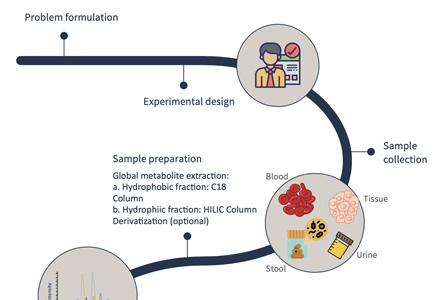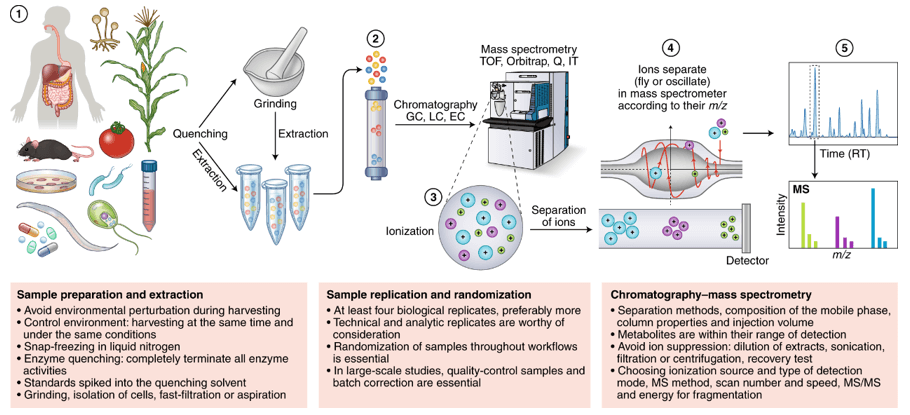Diphtheria Toxin Analysis Service
Submit Your InquiryWhat is Diphtheria Toxin?
The pernicious protein toxin diphtheria, a product of the microbe Corynebacterium diphtheriae, is the root cause of the pernicious infectious ailment known as diphtheria. This virulent toxin is composed of a single-chain polypeptide, which is bifurcated into two subunits, A and B. The B subunit acts as an essential receptor that binds to specific sites on the surface of the host cells, thereby facilitating the entry of the A subunit into the cell. Once inside the host cell, the A subunit initiates a cascade of events by hindering the protein synthesis process, through the catalysis of ADP-ribose transfer from nicotinamide adenine dinucleotide (NAD) to elongation factor 2 (EF-2), a key protein that plays a vital role in protein synthesis. This act results in the demise of the host cell, which consequently releases the toxin into the bloodstream, where it can cause significant harm to vital organs like the heart and nervous system.
The lethal nature of diphtheria toxin cannot be overemphasized. It only takes minuscule amounts of this toxin to trigger a severe medical condition that could ultimately lead to fatality. This infectious disease spreads primarily through respiratory droplets and could result in an array of symptoms, including but not limited to fever, sore throat, and the formation of a dense, pasty gray membrane in the throat that can culminate in airway obstruction.
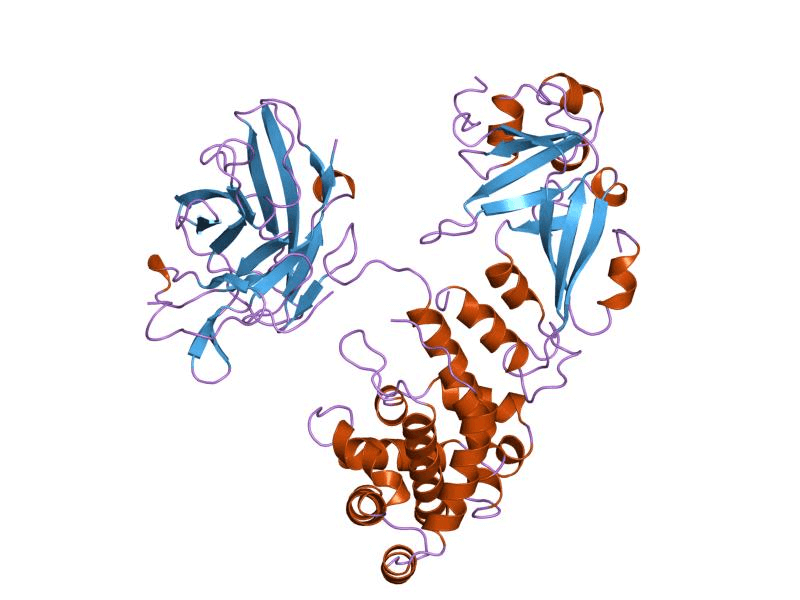 Diphtheria toxin precursor
Diphtheria toxin precursor
Technical Route of Diphtheria Toxin Assay at Creative Proteomics
At Creative Proteomics, we offer a comprehensive diphtheria toxin analysis technology platform that includes advanced analytical methods for the identification, quantification, and characterization of diphtheria toxin. Our platform is based on LC-MS, which is a highly sensitive and specific analytical technique that enables the detection and quantification of trace amounts of proteins in complex samples.
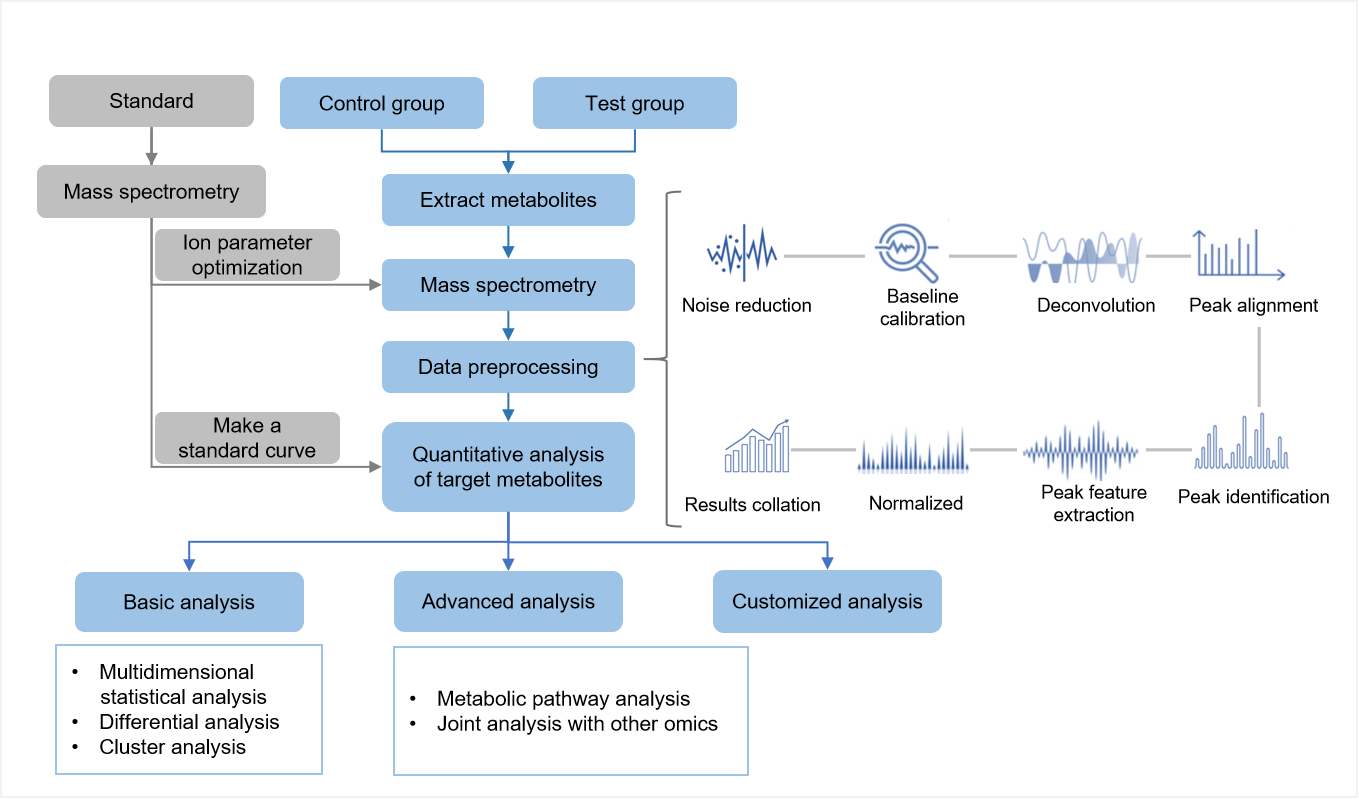
Applications of Diphtheria Toxin Analysis
Diphtheria validation: Analysis of diphtheria toxin in clinical samples (e.g., blood and serum) allows for rapid and accurate validation of the disease for follow-up studies.
Evaluation of vaccines: Assesses the efficacy and safety of diphtheria vaccines. Provides information on the purity, potency and stability of the vaccine, ensuring its quality and safety.
Drug development: Identifies and evaluates potential drug candidates for the treatment of diphtheria. Provides valuable information on the efficacy, toxicity and pharmacokinetics of potential drugs to develop safe and effective treatments for the disease.
Research: To understand the molecular mechanisms of diphtheria toxin and its interaction with host cells. Analysis of diphtheria toxin in vitro and in vivo models can provide insights into the pathogenesis of the disease and the development of new therapeutic strategies.
List of Diphtheria Toxin and its Derivatives We Can Detect
| Diphtheria Toxin and Derivatives | ||
|---|---|---|
| Diphtheria Toxin (DT) | Mutant Diphtheria Toxins | Diphtheria Toxin Fragment A (DTA) |
| Diphtheria Toxin Fragment B (DTB) | Diphtheria Toxin Antibodies | Diphtheria Toxin-Related Proteins |
Sample Requirements of Diphtheria Toxin Analysis
Sample Types: Diphtheria toxin analysis can be performed on various sample types, including:
a. Clinical specimens: Such as throat swabs, respiratory secretions, or wound exudates collected from patients suspected of diphtheria infection.
b. Cell cultures: Cultured cells infected with Corynebacterium diphtheriae or expressing diphtheria toxin or its derivatives.
c. Purified toxin preparations: Highly purified diphtheria toxin or its derivatives obtained through laboratory isolation techniques.
d. Environmental samples: Samples collected from environmental surfaces or objects suspected to be contaminated with diphtheria toxin.
Sample Storage: Samples should be stored at appropriate temperatures to maintain the stability of diphtheria toxin and its derivatives. Typically, samples are stored at -20°C or -80°C to minimize degradation until analysis. Proper labeling and storage conditions should be followed to avoid sample mix-ups or degradation.
Creative Proteomics offers several approaches to metabolomics studies, delivers precise and detailed data and analysis report. We can also customize the methods or establish new methods together with our collaborators, so they are fit-for-purpose and meet your specific needs. If you have any questions or specific requirements, please feel free to contact us.


